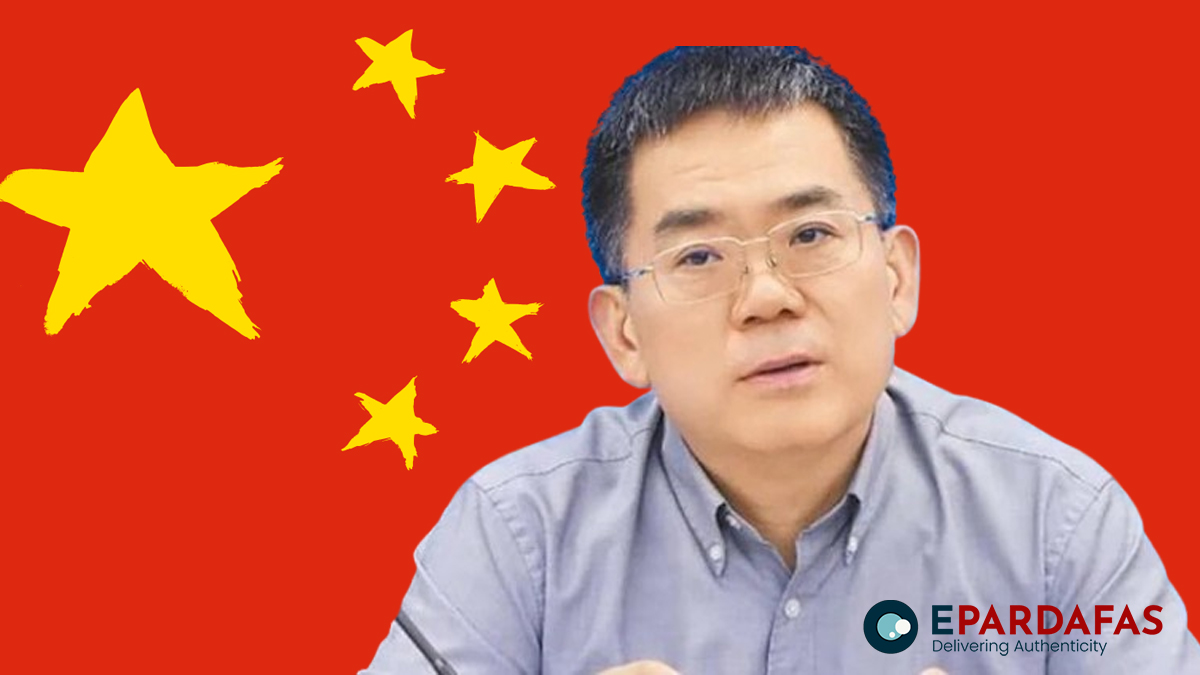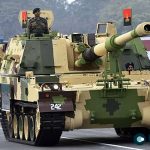
Leading Economist Disappears After Criticizing Xi Jinping’s Economic Policies
A prominent Chinese economist, Zhu Hengpeng, has disappeared from public view following allegations that he criticized President Xi Jinping’s handling of the economy in a private WeChat group. Zhu, who held a senior position as deputy director at a state-run think tank, has not been seen in public since April 2024. His detention coincides with an intensified crackdown on dissent in China, as the country grapples with an economic slowdown.
Zhu’s disappearance comes at a time when China’s economic outlook is clouded by a protracted downturn, particularly in the property sector, raising concerns over the government’s ability to meet its 5% growth target. Economists have expressed doubts about China’s debt levels and whether the government’s stimulus measures are sufficient to reignite growth.
Alleged Criticism and Detention
According to the Wall Street Journal, Zhu was allegedly detained after privately criticizing President Xi’s economic judgment in a WeChat group chat. This led to an investigation, resulting in his removal as deputy director at the Institute of Economics at the Chinese Academy of Social Sciences (CASS). Zhu, who had worked at CASS for over two decades, focused on public hospital reforms and medical security issues. He was also listed as an independent director of China Meheco Group, a state-owned pharmaceutical firm, until 2015.
Zhu’s last known public appearance was at a conference in April, where he discussed the senior living care system. Since then, neither Zhu nor his family has responded to inquiries, and concerns about his whereabouts have been growing.
Xi’s Economic Challenges
Zhu’s disappearance mirrors the broader suppression of dissent under President Xi’s leadership. The Chinese government has made significant efforts to silence critics amid growing economic concerns. The economy, the world’s second-largest, has been weighed down by the collapse of its property market, sluggish consumer demand, and the long-term effects of the COVID-19 pandemic.
On Tuesday, Xi’s administration announced a fresh stimulus package, coupled with rate cuts by the People’s Bank of China, aimed at easing financial strain. However, economists remain skeptical. Xiangrong Yu, an economist at Citi, stated that the stimulus measures would have little effect unless they could generate genuine credit demand. The policy rate and downpayment cuts could encourage households to borrow more, but amid a continued property downturn, there is little appetite for leveraging up.
“Confidence among households and businesses remains weak,” said Mr. Yu, “and we doubt these measures are enough to jump-start the credit engine.”
Limited Consumer Spending and Housing Market Struggles
China’s ongoing economic struggles are exacerbated by a lack of domestic demand. Household savings rates are high—typically a third of disposable income—partly due to low confidence in the economy and concerns about unemployment or illness. While this tendency to save may provide personal security, it limits consumer spending, further slowing economic growth.
Duncan Wrigley, Chief China Economist at Pantheon Macroeconomics, believes this pessimism is central to China’s economic woes. “China needs new sources of domestic demand,” he said. “Confidence and sustained higher income growth are crucial if consumers are to spend on things beyond housing.” He noted that home sales are currently 40% to 50% below pre-pandemic levels, and it could take years for the market to rebound.
Population Decline and Long-Term Economic Concerns
Compounding the economic challenges is China’s shrinking population. The United Nations projects that the country’s population will halve by the end of the century. In response, the Chinese government recently announced plans to raise the retirement age for the first time since 1978, hoping to mitigate the economic impact of a declining workforce.
However, authorities remain cautious about ramping up public spending too quickly, wary of incurring even more debt after the financial crisis. Economists argue that while short-term stimulus measures may help, long-term solutions must address deeper structural issues, such as household confidence, income inequality, and the housing crisis.
Growing Concerns Over Dissent and Economic Future
Zhu Hengpeng’s disappearance highlights the delicate balance between dissent and control in China. As the country grapples with slowing growth, the government has become increasingly intolerant of criticism. While Xi’s administration attempts to stimulate the economy, many analysts believe the measures taken so far are insufficient to resolve the underlying problems.
As China faces both short- and long-term challenges, the question remains: will the government’s approach succeed in reinvigorating the economy, or will the continued suppression of dissent, exemplified by Zhu’s case, stifle the potential for meaningful reform?
For now, Zhu’s fate remains uncertain, and his disappearance underscores the growing risks faced by critics of China’s economic policies in an era of increasing state control.













Comments